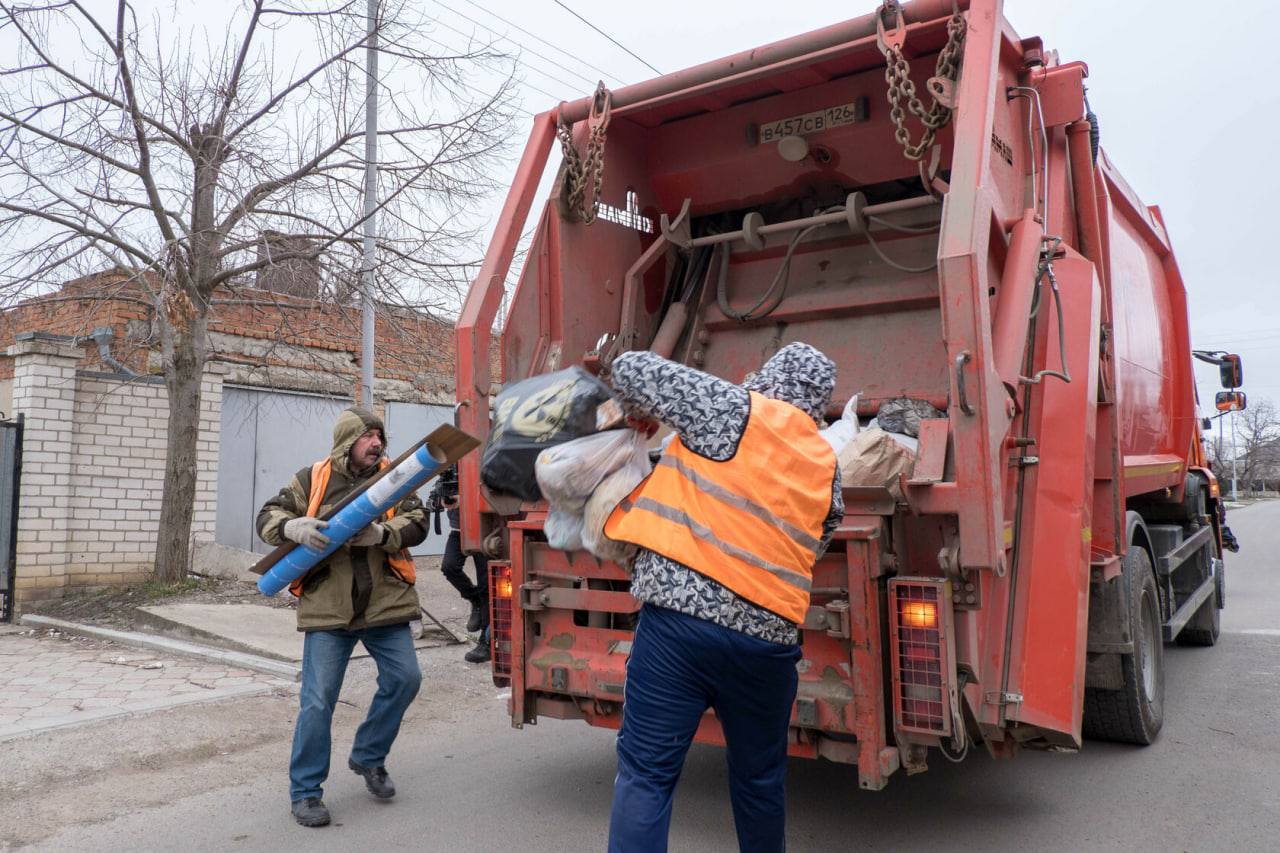In the bustling world of today, managing household waste efficiently has become paramount for both environmental conservation and personal convenience. Amidst our daily chores, the simple act of tossing rubbish into the general waste bag often goes unquestioned. However, not all waste is created equal, and some items can cause more harm than good in your general waste bin. Understanding what to exclude can make a significant difference in waste management.
For residents in Hedge End, managing your waste effectively is made easier with services like AJM’s waste bag collection. This convenient solution ensures that your waste is disposed of responsibly, keeping your home and community clean.
1. Hazardous Chemicals: A Hidden Threat
1.1 Household Cleaners: It’s tempting to discard empty bottles of household cleaners directly into the bin. However, many of these products contain chemicals that can be harmful to the environment and waste management workers.
1.2 Paints and Solvents: Leftover paints, varnishes, and solvents should be kept out of your general waste bag. These substances can leach into the ground, contaminating soil and water.
2. Electronic Waste: The Digital Dilemma
2.1 Batteries: Batteries, especially rechargeable ones, contain metals that can be hazardous. They need to be recycled properly to prevent soil and water pollution.
2.2 Small Electronics: Small gadgets like old mobile phones or earphones might seem harmless, but they contain metals and chemicals that need special handling.
3. Medications: A Prescription for Pollution
Unused or expired medications should never find their way into your waste bag. They pose a risk to water sources when they break down, affecting aquatic life and possibly entering the human water supply.
4. Sharp Objects: A Cut Above the Rest
From broken glass to used needles, sharp objects can pose serious risks to those who handle waste. Wrap them securely to prevent injuries.
5. Food Waste: The Decomposition Dilemma
While organic, food waste in general waste bags contributes to methane production in landfills, a potent greenhouse gas. Composting is a more eco-friendly alternative.
6. Recyclable Materials
Placing recyclables like paper, cardboard, glass, and certain plastics in general waste bags is a missed opportunity for reprocessing and reuse.
7. Garden Waste
Garden waste in general bags ends up in landfills instead of being composted. Local garden waste collection schemes are a better disposal option.
8. Bulky Item
Large items not only fill up your bin faster but may also be subject to specific disposal regulations to ensure they’re recycled or disposed of properly.
9. Cooking Oil
Pouring used cooking oil into waste bags can lead to spills and attract pests. It’s better to recycle it or dispose of it as per local guidelines.
10. Plastics with BPA
Certain plastics, especially those containing BPA, can leach harmful chemicals. Look for recycling codes and dispose of them according to local regulations.
Conclusion
Mindful disposal of waste not only contributes to a healthier environment but also ensures the efficiency of waste management systems like those offered in Hedge End. By keeping these items out of your general waste bag, you contribute to a sustainable future. Remember, every small action counts towards a larger impact on our planet.
